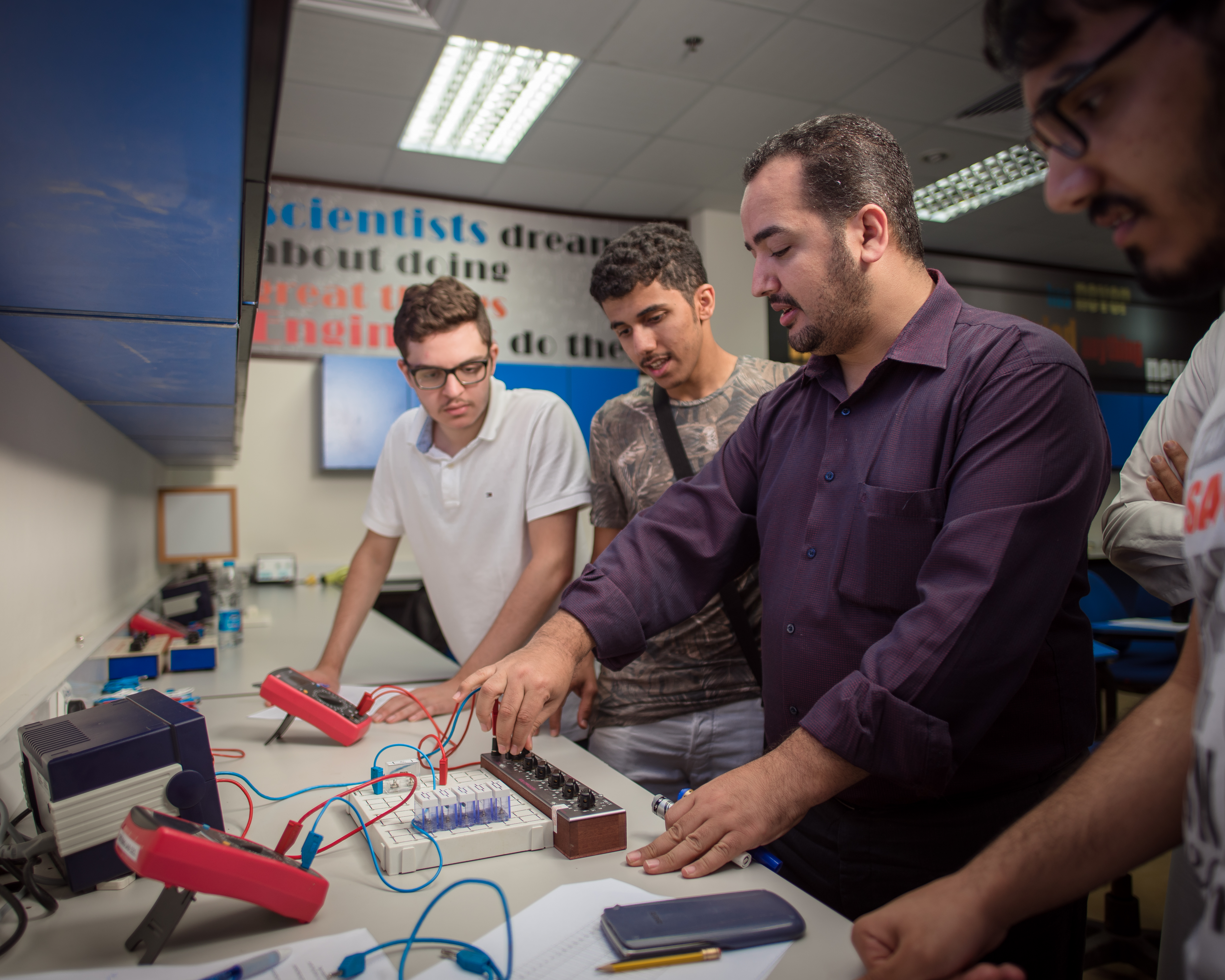WELCOME To The Department Of ELECTRICAL ENGINEERING
OVERVIEW
Electrical engineering is a branch of engineering that basically deals with the study and application of electronics, electricity, and electromagnetic waves. This branch first became a well-known occupation at the end of the 19th century after the invention of the telephone, electric telegraph, and electric power use and distribution.
Electrical engineering includes electronic engineering. This distinction is only found in the US. Electrical engineering deals with the applications associated with systems like electric power systems, and electrical machines. However, electronic engineering is the study of electronic systems including digital computers, optoelectronics, integrated circuits, communication systems, and radar.
Read More...



















